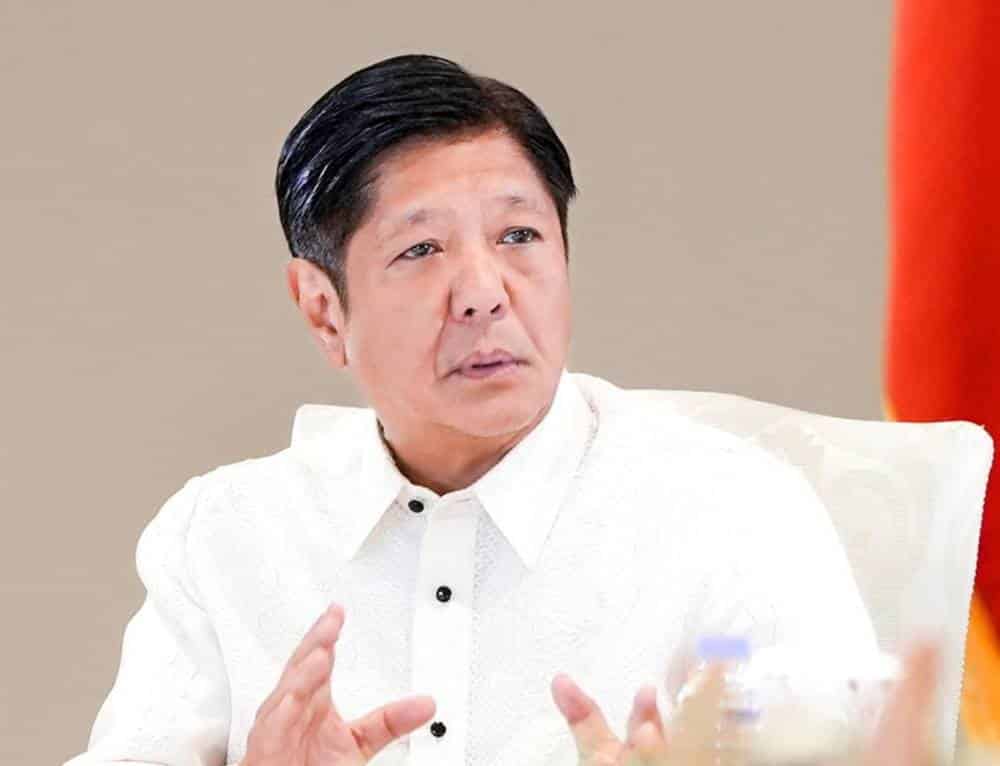
President Ferdinand Marcos Jr. —Malacañang photo
MANILA, Philippines — President Marcos on Wednesday vowed to end the country’s struggle to comply with international laws on money laundering and terrorist financing.
“I know that it’s not spoken about a great deal in the public domain,” Marcos said during the 33rd Anti-Terrorism Council meeting and year-end celebration in Malacañang.
“But nonetheless, as an obstacle to the continuing transformation of our economy, to the continuing transformation of our place in the world, this, us exiting from the gray list, is a significant move,” he said.
READ: AMLC: PH on final step to exit gray list of money laundering watchdog
The President was referring to the “Call for Action” of the Paris-based watchdog Financial Action Task Force (FATF), organized by the G7 in 1989 under the auspices of the Organization for Economic Cooperation and Development.
The Philippines has been on the FATF’s list of monitored nations since it was first released in 2000, although it was also delisted in 2005 and 2013.
Benefits
Marcos said he was looking forward to the country’s supposed delisting next year which has been forecast by local and international financial authorities.
The move, he added, would “benefit millions of Filipinos, from smoother remittances for overseas workers to increased investor confidence that bolsters our economy.”
The Philippines was included in the FATF’s first Call for Action list in 2000 because of its lack of legislation and regulation on money laundering and the country’s deposit secrecy law. Terrorism financing was not considered in the guidelines until 2001.
Even after the Philippines enacted an Anti-Money Laundering Act (Republic Act No. 9160) in 2001, the FATF remained unhappy with the law’s loopholes and kept the country in the Call for Action until 2005.
The Philippines was again listed in the Call for Action in 2012 over banking regulations, including the reportorial requirements of casinos, but was delisted in 2013.
In 2021, it was again listed in the Call for Action over regulatory supervision of gambling operations, weaknesses in the implementation of targeted financial sanctions, and delays in the implementation of the Anti-Terrorism Act of 2020.
But since then, the FATF has observed improvements in the Philippines’ money laundering and terror financing controls and is now set to hold the on-site assessment.